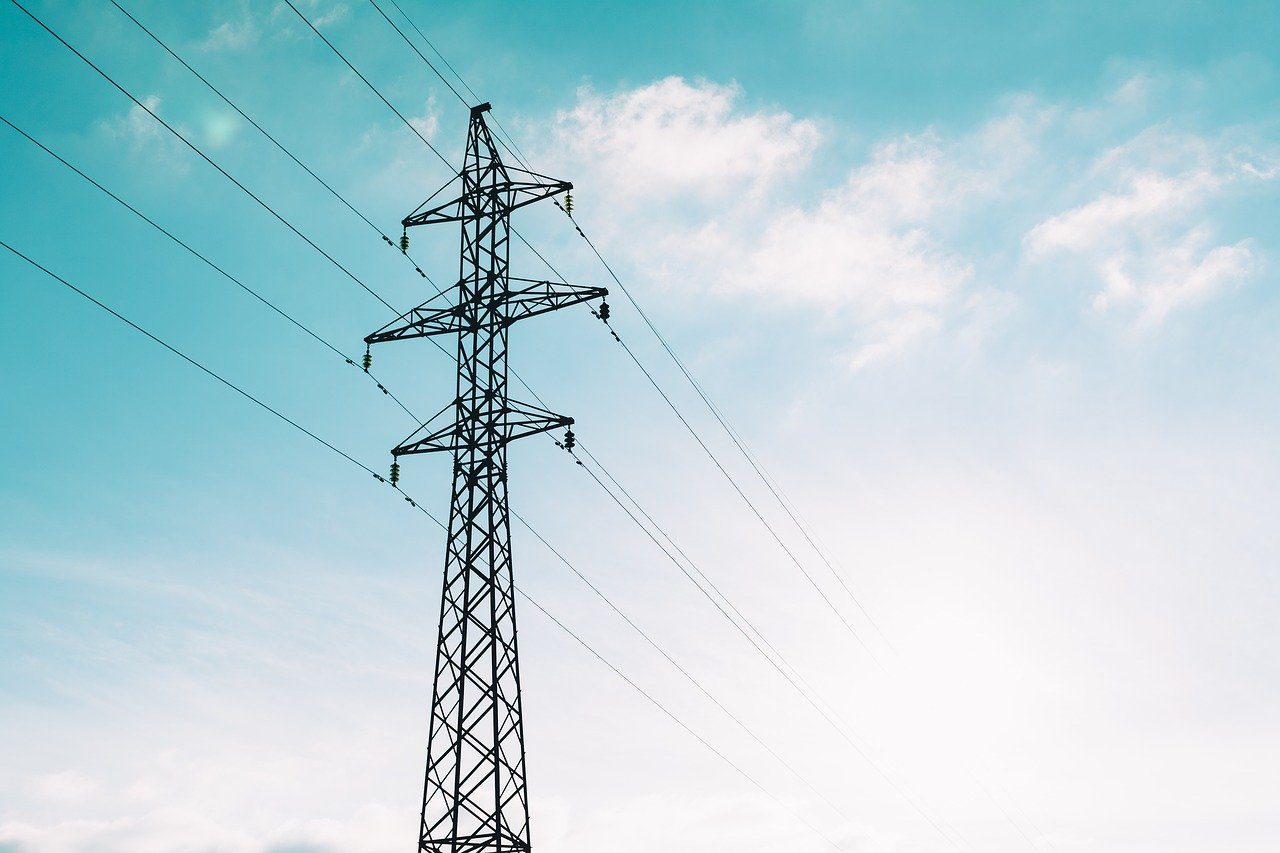
On February 25th, the German Federal Statistical Office (Destatis) released a report on import price development compared to a year earlier for the month of January. According to the report, import prices increased by 26.9% compared to January 2021, which is the highest year-on-year change since October 1974, when prices rose by 28.8% compared to the year before.
At the same time, export prices had only risen by 11.9% over the same time period, but still marked the highest increase since December 1974, when export prices rose by 15.2%.
The enormous increase in import prices can be traced mainly to the energy price development. Overall energy imports in January 2022 were 144.4% more expensive than in January 2021, topped by the price development of natural gas, which increased by 302.7%, followed by crude oil with a plus of 66.8%.
The price spike of imports came to the surprise of many analysts, who expected a significantly lower increase. But prices also rose on a month-by-month basis: an overall increase of 4.3%, with a shocking 12.9% on energy prices, were developments that also exceeded analysts’ expectations.
Electricity prices have been soaring in Germany for years, even more so since it shuttered three nuclear reactors at the end of 2021. Less reliance on nuclear energy is part of Germany’s plan to switch to renewable energies, but while the shutdown appeased environmentalists, it increased the practical demand for more electricity imports while also increasing the risk of a blackout. In January 2022, electricity had become more than 3 times as costly, rising by 212.5% compared to the previous year. Other price spikes could be witnessed for raw materials such as wood, metal, and plastic.
The price spikes of recent months have greatly affected consumer prices. To compensate for this development, the European Central Bank aims at an inflation rate of 2% in the Eurozone, something that is currently far removed from reality. The Central Bank hasn’t increased interest rates yet, since it hopes to mitigate increased costs of living for consumers.
The German government decided on February 23rd on a relief package to reduce the burden on taxpayers. By mid-2022 the allocation to promote renewable energies, which is added to electric bills, will be cut, and after many years the commuter allowance will be increased.
Nevertheless, with the promise of exploding gas prices following the end of Nord Stream 2, ever present inflation, and the demand for more electricity imported to Germany, this relief package might only be a drop in the ocean.
